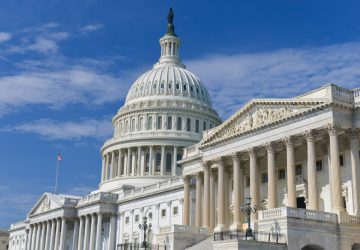Author Gary Taubes posed a very intriguing question in today’s New York Times: "Do we really know what makes us healthy?" A more important question hiding behind Taubes’s query is this: Do health officials really know what makes us healthy? The short answer is not really.
While epidemiology — the scientific approach for most human studies — produces a great deal of speculation in the media and public about potential causes of chronic disease, these studies cannot show cause and effect. But since epidemiological studies are often faster and cheaper than the more reliable experimental research, they are more widely used in making public-health policy.
Taubes points out that policymakers may be risking a lot just to save a little time and money:
The dangerous game being played here, as David Sackett, a retired Oxford University epidemiologist, has observed, is in the presumption of preventive medicine … [Epidemiological] studies can only provide what researchers call hypothesis-generating evidence — what a defense attorney would call circumstantial evidence …
From the public-health perspective, a small effect can be a very dangerous or beneficial thing, at least when aggregated over an entire nation, and so caution dictates that action be taken, even if that small effect might not be real. Hence the public-health logic that it’s better to err on the side of prudence even if it means persuading us all to engage in an activity, eat a food or take a pill that does nothing for us and ignoring, for the moment, the possibility that such an action could have unforeseen harmful consequences.
The New York Times is not the only major publication that’s apprehensive about the unintended consequences of unfounded regulations. Over the weekend, the Los Angeles Times published another take on the dubious findings from many of these studies:
"It’s the cure of the week or the killer of the week, the danger of the week," says Dr. Barry Kramer, associate director for disease prevention at the National Institutes of Health in Bethesda, Md. It’s like treating people to an endless regimen of whiplash, he says.
Anyone familiar with the public health track record of food-cop groups like the Center for Science in the Public Interest (CSPI) knows all too well about food-bash whiplash. From milk to menus, CSPI has demonized most components of American diets. Rather than reflect on his organization’s hypercritical history with skepticism, CSPI executive director Michael Jacobson regards it with pride: "CSPI is proud about finding something wrong with practically everything."




